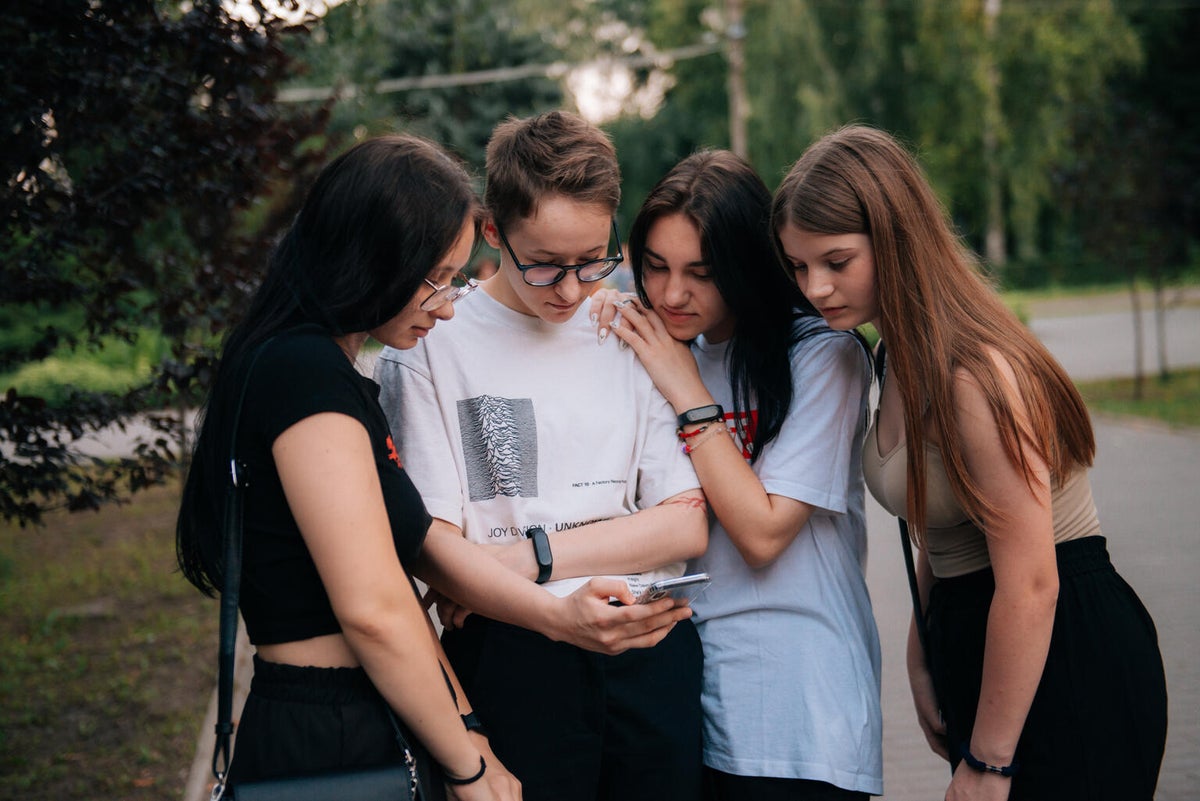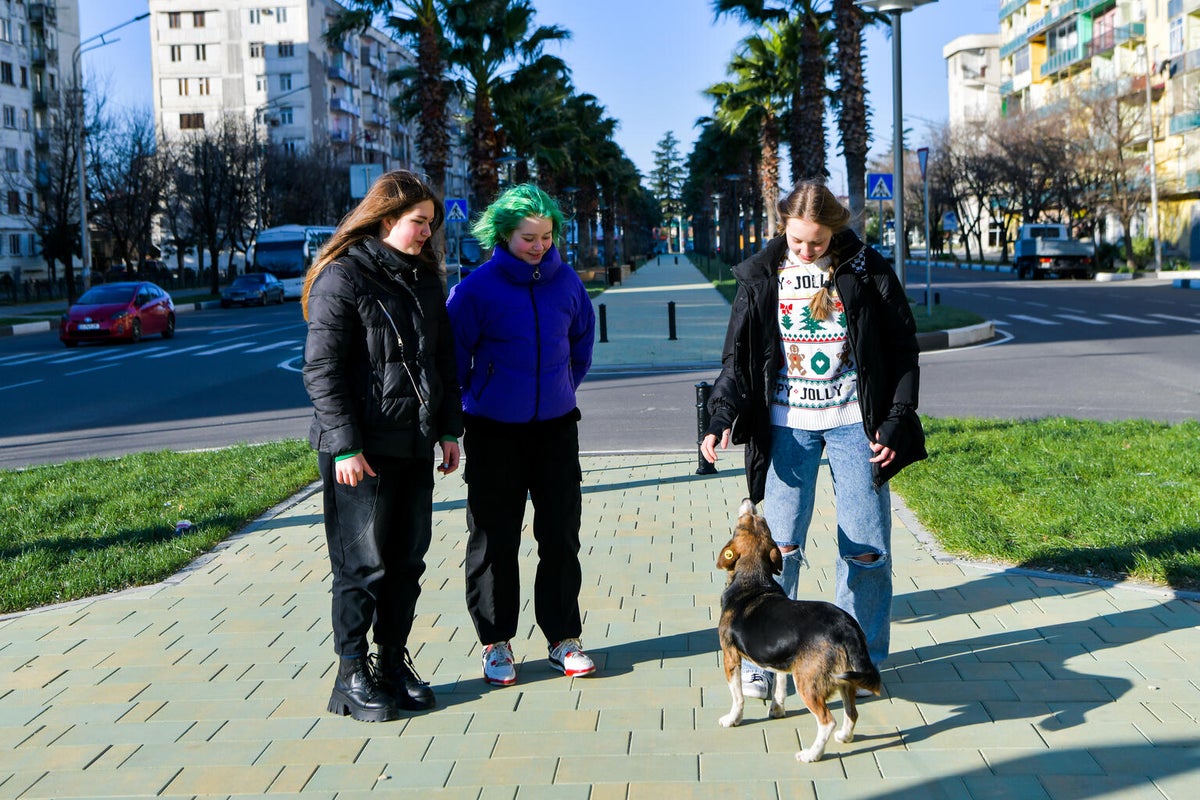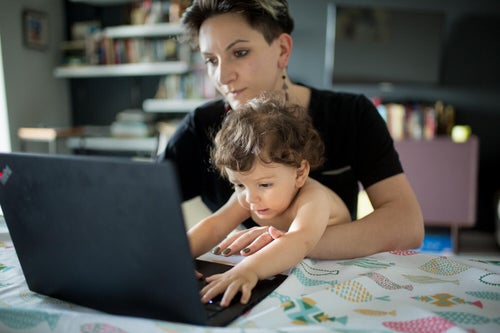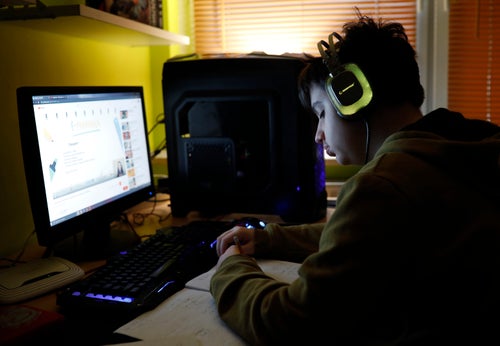These days, making friends online requires some unique skills. Whether you’re catching up with someone from school or chatting with another gamer, being a good friend online means showing empathy, respect, and kindness. It’s actually a lot like being a good friend in real life!
So, to celebrate International Day of Friendship, here are five tips on how to be a good friend online.
1. Treat others the way you want to be treated

Just like in real life, the number one rule of being a good friend is to treat your friends how you like to be treated by others. No one likes having nasty things said about them or being made fun of, so make sure you treat your friends with the same kindness and respect that you expect from your friends. And if a friend is mean to you, whether in real life or online, they’re probably not a great friend!
2. Think before you post

Anything you share online, even just with your mates, can be there forever and accessed by anyone. Whether it’s your own personal information or your friends’, it’s smart to avoid sharing stuff that someone could use to find you or your friend in real life – like your address, phone number or school – or a picture or video that could embarrass someone or get them into trouble. It's always a good idea to check with your friend before posting a photo or video of them online. Find out more about staying safe online here.
3. Be aware of cyberbullying

Cyberbullying is a form of bullying that happens online, and it’s a big problem in the digital age. Anyone can be a cyberbully, from someone you know or a total stranger.
If you or someone you know is being cyberbullied, here are some things you can do:
- Tell someone you trust, like a parent, a teacher or a friend
- If you feel okay with it, message the person directly to let them know their behaviour is making you uncomfortable and ask them to stop
- Keep evidence of cyberbullying, like screenshots of nasty messages, and show them to someone you trust
- Block the person on all platforms where they may be able to continue cyberbullying you.
- Report harmful content on the platform or service where it has been posted. If the platform or service doesn’t help, you can report it to eSafety.
If a friend is being cyberbullied, support them both online and in real life by reminding them of these steps and by standing up for them online.
4. Be a good sport

If you play video games or sports, you will know how frustrating it can be to lose after giving it your all. But just like in real life, it’s important to show respect to others, even when you lose. Instead of getting angry and lashing out at a fellow gamer, take a few deep breaths and congratulate them. Next time it might be you who wins!
5. Connect with friends offline

Sure, online chats with your mates are fun, but don’t forget to meet up offline as well. Plan some fun stuff to do, like going to the local dog park, shopping, or just chilling with a movie on the couch.
Related articles
Stay up-to-date on UNICEF's work in Australia and around the world
















